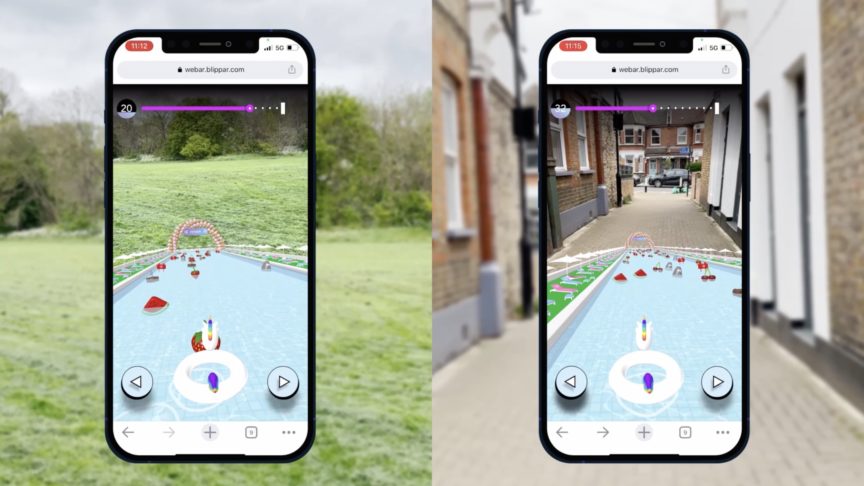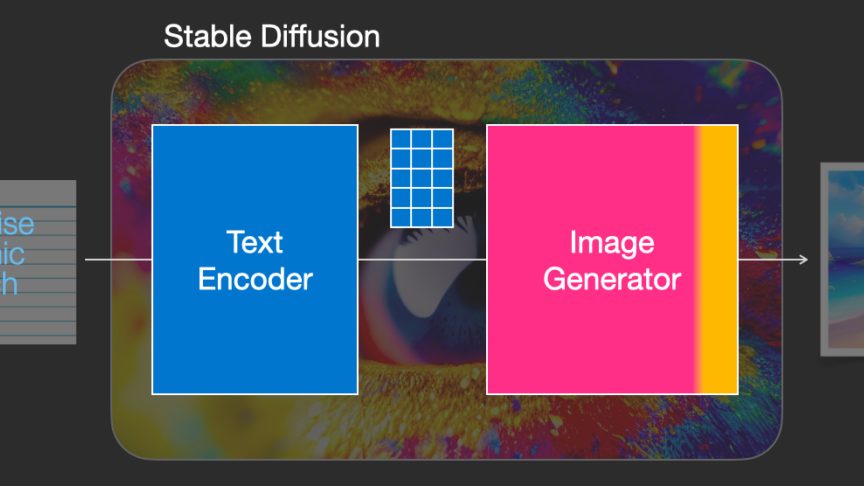Branded app Vs. Platform app: Which is best for YOUR company?
August 27, 2014
Branded app Vs. Platform app: Which is best for YOUR company?


To brand, or not to brand...
Any good advertiser knows consumers must be reached on every screen, and that marketing to an increasingly mobile audience is a critical component of any ad strategy. But how do you choose whether to create your own app or tap into an existing platform? Both have advantages and drawbacks, so which is the best solution for your target audience and your brand?

Branded app: Pros
The key advantages of branded apps are their ability to manage customer relationships and build loyalty with existing patrons. Rewarding customers for repeat business and designing apps that appeal to them strengthens brand affinity.
Walgreens partnered with Starbucks on a coupon campaign encouraging users to download the store's app for discounts and specials on Starbucks products. The convenience store chain connected directly with millions of shoppers who already had their app by pushing out these value-added promotions.
This works brilliantly when it happens, but brands must invest in both updates and rewarding content to continue reaching their audience successfully. Food stores, retail chains, and lifestyle brands with regular daily or weekly relationships with customers do this best.
Another benefit is that users are already familiar with seeing an advertisement or commercial that prompts them to download an app to receive more information or to access exclusive content or services. There's no new behavior to teach, so advertisers don't need to educate their consumer to the same extent as with a platform app.

Branded app: Cons
As the number of ‘must-have’ apps becomes unmanageable for most consumers, major brand app fatigue has set in. No one wants an app for every magazine, chocolate bar or shampoo they buy; they get used once, clog devices, slow them down, and make it difficult to locate what's actually needed.
At the back end, branded apps can be prohibitively expensive to create and market from scratch - and then there's the task of keeping the content current or facing decay post-launch.
For a brand's app to keep its coveted space on users' devices, it must provide more than one benefit and prompt repeat usage - such as the ability to make mobile purchases, find a nearby store, access coupons and view a menu. Without multiple value propositions, users will simply neglect the app and eventually delete it from their phone.

Platform app: Pros
Few brands would launch their own social network or micro-blogging site, preferring instead to open Facebook and Twitter accounts. Similarly, instead of investing time, energy, and money into building a branded app, advertisers are better off partnering with the new breed of platform-based apps - Shazam, Vine, Instagram, Flipboard, Pinterest - to access their growing single-app audiences.
The key advantage of platform apps is that they aid the acquisition of new customers. Additionally, these apps are effective for brands that don't have consistent customer connections - impulse buys, for example. Since most of these platforms have an established user base, it's likely they already live on your target audience's phone.
Word spreads faster when marketing to these built-in audiences, and there are opportunities for cross-pollination if you work within a multi-brand company. Apps like Pinterest and Instagram have built-in catalogs, so users can easily explore other items of interest once the app is open - which means they may find your brand even without directly searching for it. This can boost to your campaign's visibility, an option branded apps lack.
Lastly, and perhaps most importantly for a company's bottom line: launching a platform app campaign is much more affordable. Costs to build the app are lower (or negligible), and brands don't have to spend a fortune on tech upgrades, instead just rolling out new campaigns as they occur.

Platform app: Cons
It's easier to create a consumer behavior, like ‘tweeting’ or ‘Instagramming’, via one consistent app; users associate the platform with the action. But the caveat with utilising an emerging platform app is that brands must be willing to invest in strong promotion to educate the consumers about what they need to do and why they should do it. Especially when the behavior is relatively new - like using Shazam to ‘listen’ to a song, or using an AR app to bring a print ad to life - marketers must dedicate significant ad copy or social media promotion towards telling users how to use the app.
Whether you choose to use a branded app or a platform app for your next advertising campaign, ensure you consider what is right for your brand and target audience. If your brand's app already has millions of downloads, it makes sense to continue using it in future promotions. But if it might be easier for users to fire up an app they already use frequently, a platform app is your best bet.


